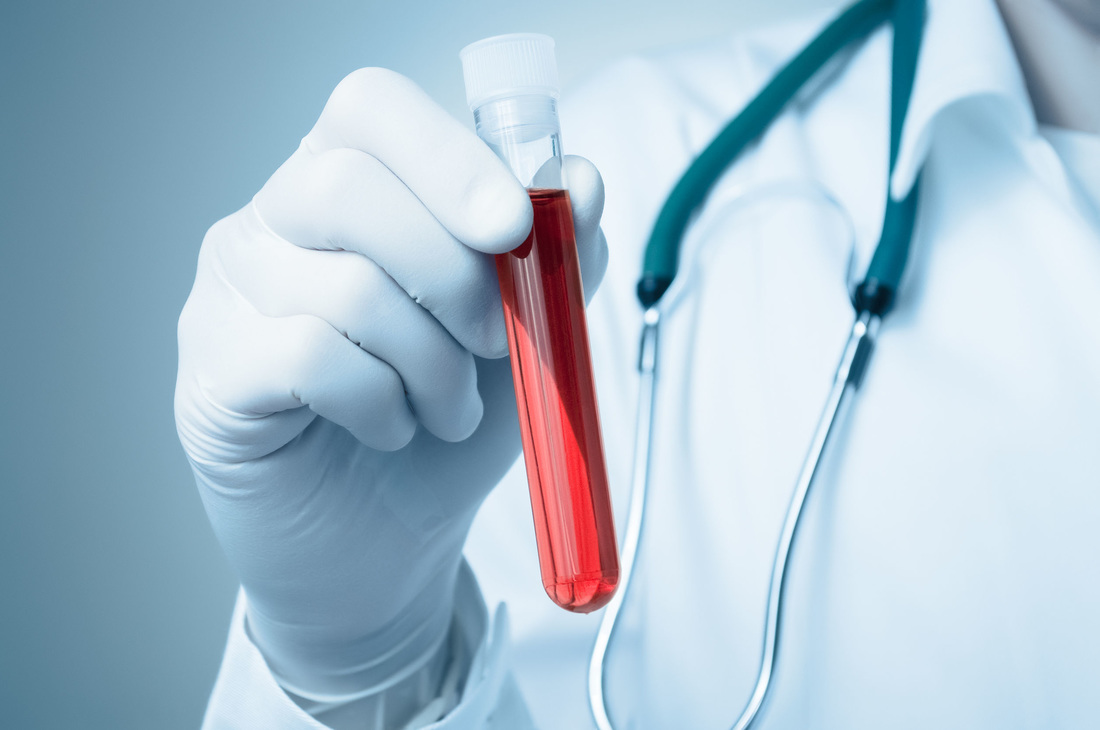|
If you’ve been suffering from irritable bowel syndrome (IBS) and want to get to the bottom of your symptoms, there are some crucial tests that you may want to consider running through your naturopathic doctor. You’ve probably tried many different things already to help with your symptoms through trial and error, without significant or lasting relief. Testing eliminates much of the guesswork and helps us target our treatment so that you can get better faster!
During your initial visit with me, your medical history will give us a clue to what might be causing your symptoms. It could be one of the ones outlined in my previous blog. I’m giving you a list of the most common tests to consider, but most people only need to invest in one or two of these tests. By far, the most common test that I run with IBS patients is the first one, IgG Food Sensitivity Testing. 1) IgG Food Sensitivity Testing This is a blood test that measures levels of IgG antibodies to 120-200 foods, depending on which panel we run. It allows us to identify objectively which foods are the most likely to be causing the most inflammation in your digestive system. If we run this test, you will receive a printout of which foods you reacted to highly, moderately, or not at all. If you end up having a large number of reactive foods, you most likely have a condition called leaky gut, where the intestinal barrier becomes excessively permeable, leading to reactions to many foods. Repairing that leaky gut through naturopathic treatments can often allow you to eventually bring more foods back into your diet. 2) Candida IgG Test This is also a blood test, and can be added on to the IgG Food Sensitivity Test, or run on its own. It would be run if we suspect a yeast or Candida overgrowth which could contribute to IBS-like symptoms. If your results turn out positive, then we would treat the overgrowth with dietary changes and targeted supplements. 3) SIBO Breath Test Unlike the two tests above, this test is a breath test. You are given a lactulose solution to drink, and at timed intervals, take breath samples in the comfort of your home. The lactulose feeds bacteria in your intestine, and they will then produce hydrogen and/or methane gases as they break the lactulose down. These are the gases that are measured in your breath. If unusually high levels of those gases are found in your samples, you probably have Small Intestinal Bacterial Overgrowth (SIBO), a common cause of IBS. There is a multi-step process to treat SIBO, but the good news is that it CAN be treated! 4) Comprehensive Stool Analysis (+/- Parasitology) This test requires a stool sample, usually taken from 3 different bowel movements. It gives a comprehensive assessment of your digestive health, including which bacteria (beneficial and harmful) are present and their relative amounts, any yeast overgrowth, parasites, and other information on how well your digestive system is working. If we suspect parasites, this would be the test to run, but it can also be run if we suspect an imbalance in the beneficial bacteria in your digestive system, or if your digestive system is a mess. If you’ve been suffering from IBS symptoms for a while, testing could be a lifesaver, preventing you years of trial and error with different supplements and medications! Ready to start feeling better now? Book your initial visit with me today, and we’ll start investigating so that you can get to the bottom of your IBS. In health, Dr. Tamar Reference Image from 123RF.com
0 Comments
Your comment will be posted after it is approved.
Leave a Reply. |
AuthorDr. Tamar Ferreira is a Naturopathic Doctor in Brampton, Ontario. Her areas of focus include digestive health, hormone balance, and skin conditions. Topics
All
Archives
May 2020
|
118 Queen St. W., Suite 205
Brampton, ON
L6X 1A5
905-451-3963




 RSS Feed
RSS Feed